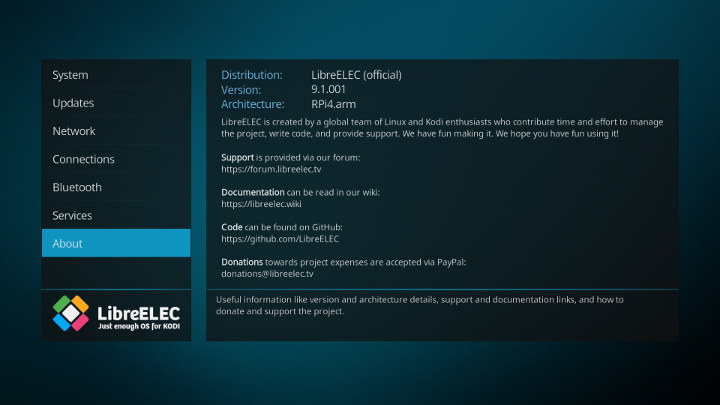We’ve already covered several cluster solutions based on Raspberry Pi boards such as Bitscope Blade with up to 40 Raspberry Pi boards, a 16 Raspberry Pi Zero cluster board prototype, Circumference “datacenter-in-a-box” with up to 32 Raspberry Pi 3 B+ boards. If you want something more compact, it makes sense to develop a platform with Raspberry Pi Compute Modules instead, and we’ve already published news about MiniNodes Raspberry Pi 3 CoM Carrier Board that supports up to to 5 Compute Modules 3/3+ last year. There’s now another option with Turing Pi Clusterboard support up to 7 Compute Modules for applications leveraging Kubernetes, Docker, Jupyter Notebook, machine learning (TensorFlow/Caffe), and serverless stack. Turing Pi specifications: 7x Sockets for Raspberry Pi Compute Module 3/3+ Storage – 7x microSD card slots Video Output – 1x HDMI port, MIPI DSI connector Audio – 1x 3.5mm audio jack Camera I/F – 2x MIPI CSI connectors […]
Ivport Stereo CM Breakout board for Raspberry Pi Compute Module Supports Two Cameras
We’ve previously written about IVport V2 camera multiplexer board that can connect up to 16 cameras to a single Raspberry Pi board in order to create 360 degrees camera setups for example. The company also offered a version with two cameras for stereo recording and capturing modes. But if you’d rather use a Raspberry Pi Compute Module with or without eMMC flash, and use either Raspberry Pi camera V1 or V2, the company has launched Ivport Stereo CM breakout board with support for up to two cameras and exposing some extra ports. Ivport Stereo CM specifications: RPi module compatibility Raspberry Pi CM1 Raspberry Pi CM3 (eMMC equipped) Raspberry Pi CM3 Lite Raspberry Pi CM3+ (eMMC equipped) Raspberry Pi CM3+ Lite RPi camera compatibility Raspberry Pi Camera Module V1.3 (OV5647 sensor) Raspberry Pi Camera Module V2 (Sony IMX 219 sensor) Storage – microSD slot Video Output – HDMI Networking – 10/100M […]
ModBerry M500 Industrial Computer Gets Upgraded to Raspberry Pi 4
We first wrote about Modberry M500 industrial computer when it was upgraded from Raspberry Pi 3 to Raspberry Pi 3 B+, and added PoE support. With the launch of Raspberry Pi 4 model B, it should come as no surprise that Techbase has now announced Modberry M500 would be available with the latest board from the Raspberry Pi Foundation. Modberry M500 RPI 4 preliminary specifications: SoC – Broadcom BCM2711B0 quad-core Arm Cortex-A72 processor @ 1.5 GHz with VideoCore VI GPU System Memory – 1GB, 2GB or 4GB LPDDR4 Storage – 4GB eMMC flash (TBC), and/or 8GB micro SD card Video & Audio Output – HDMI 2.0 up to 4K @ 60Hz and 3.5mm jack for CVBS (composite + stereo audio) Connectivity True Gigabit Ethernet, up to 2x optional 10/100M Ethernet ports Dual band 802.11 b/g/n WiFi and Bluetooth 5.0 LE Optional Zigbee, LTE/3G, GPS, WiFi, and Bluetooth cards USB – […]
S+ Camera Basic Combines Raspberry Pi 3 Board and LTE Shield for Edge Applications
Soracom is a company that provides global IoT network cellular connectivity for businesses in smart IoT agriculture, energy, consumer, manufacturing, transportation, and medical industries, and even provides free IoT SIM cards for evaluation (US/Canada only). The company has just announced the S+ Camera on its Japanese blog. The camera looks to features several off-the-shelf components including a Raspberry Pi 3 board and SixFab Raspberry Pi 3G-4G/LTE Base Shield V2 connecting to Soramcom network. It’s a little confusing as to why a cellular IoT company would develop an LTE camera since streaming video requires bitrates not normally associated with IoT. The blog post does provide a few more details however, as S + Camera is said to run SORACOM Mosaic software which enables “algorithms for edge processing cameras and management and operation of cameras”. That means it’s quite possible the video will not be streamed, but edge processing/computing usually means AI is […]
New Raspberry Pi 4 VLI Firmware Lowers Temperature by 3-5°C
The other day I tested Raspberry Pi 4 with an heatsink since previous multi-threaded benchmarks clearly made the board throttle when running those without any cooling solution. The guys at the Raspberry Pi Foundation somehow noticed my post, and I received an email from Eben Upton explaining a new Raspberry Pi 4 VLI firmware had “some thermal optimizations that are not installed by default on early production units.” I did not understand VLI at first, but eventually understood this referred to the firmware for VIA VL805 PCIe USB 3.0 controller on the board. The Raspberry Pi Foundation provided me with a test version of the firmware, which they’ll release in the next few days, or weeks after testing is completed. Now if you’re going to test a platform that will throttle due to overheating, it’s very important you do so at constant room temperature. I work in a office where […]
Raspberry Pi 4 Benchmarks – Heatsink Edition
A few days ago, I ran some benchmarks in Raspberry Pi 4, and quickly found out that using the board without a cooling solution will cause serious performance issues, as in some cases my board was slower than Raspberry Pi 3 model B due to severe overheating. After playing with LibreELEC yesterday, I’ve now reinstalled Raspbian Buster Desktop on the board, and fitted it with a largish heatsink and some old thermal paste. So I’ll run benchmarks again with and without heatsink. I’ll only run sbc-bench this time. SBC Bench Installation Open a terminal windows or connect to the board through SSH and run:
|
1 |
wget https://raw.githubusercontent.com/ThomasKaiser/sbc-bench/master/sbc-bench.sh |
Raspbian Buster will automatically fetch the latest operating systems packages upon first boot, but apparently not the latest firmware:
|
1 2 3 4 |
/opt/vc/bin/vcgencmd version Jun 20 2019 16:04:31 Copyright (c) 2012 Broadcom version 407b1da8fa3d1a7108cb1d250f5064a3420d2b7d (clean) (release) (start) |
So I ran rpi-update to get the very latest firmware as well, and rebooted the board:
|
1 2 3 4 |
/opt/vc/bin/vcgencmd version Jun 26 2019 17:42:42 Copyright (c) 2012 Broadcom version 1186f932808ed601ddd583a30a3ce055477b1a26 (clean) (release) (start) |
Normally, you should not have to do it, […]
Pi-Top [4] mini-PC runs the New Raspberry Pi 4
The features and design have changed, but the reliability and the advanced processing capability are all the well-known new Raspberry Pi 4, housed in the new Pi-Top [4]. The popular platform has come out with a portable design with expanded connectivity, scalability, and increased processing capabilities. It boasts an OLED display in a mini-PC form-factor that the company has announced will go on sale on Kickstarter. The SBC industry is seeing a general increase in features and processing ability. Added device connectivity, especially in multimedia capability. The Pi-Top [4] is no exception. The laptop version of Pi-Top is still a viable computer with many features for an SBC footprint. The new Pi-Top [4] mini-PC has expanded RAM, increased ports, and comes with an inventor’s kit. The Pi-Top [4] comes with a roster of accessories that include; sensors, LED’s, and potentiometers to get those just beginning their journey on the path […]
4K Video Playback on Raspberry Pi 4 with LibreELEC (Alpha)
In my short Raspberry Pi 4 review, I tested 4K video output and playback in Raspbian, and sadly neither are working properly, with video output stuck to 1080p60 even after selecting 4K HDMI in the settings and yes, I double checked for “hdmi_enable_4k=1” in config.txt, while H.265 video playback is still clearly using software decode in both VLC and omxplayer. However, LibreELEC team announced support for Raspberry Pi 4 in LibreELEC 9.2 Alpha1 release based on Kodi 18.3 and Linux 4.19.x. So I downloaded LibreELEC-RPi4.arm-9.1.001.img.gz and flash it to a microSD card with balenaEtcher. The good news is that I could manually set the resolution to 3840×2160 and confirm it works with my TV, but the refresh is limited to 30 Hz maximum. Other refresh rates currently available include 23.98 Hz, 24 Hz, 25 Hz, and 29.97 Hz. The hardware is capable if 4K 60Hz, so it’s just a question […]


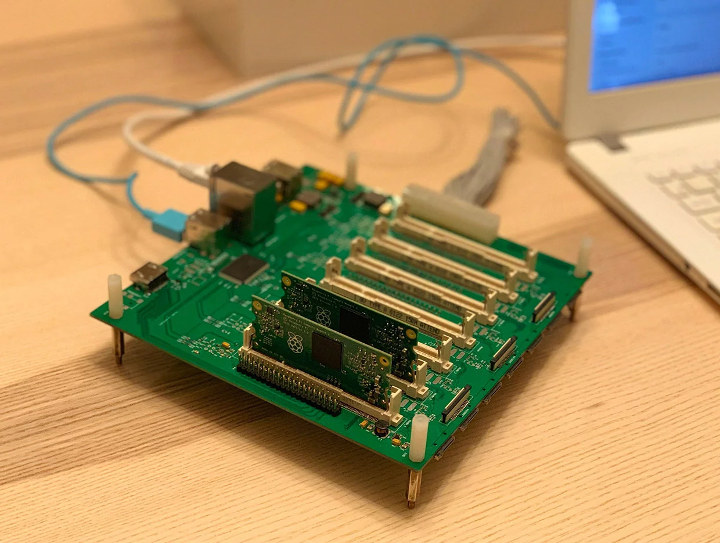
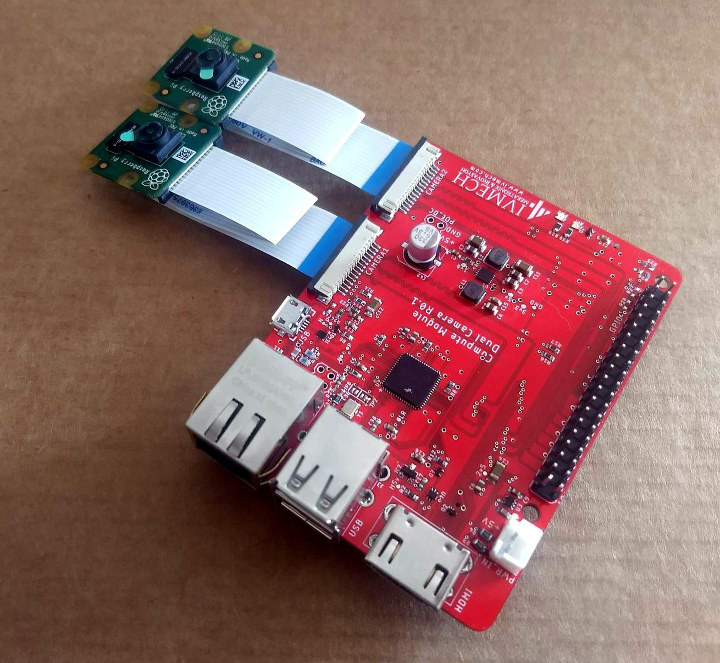
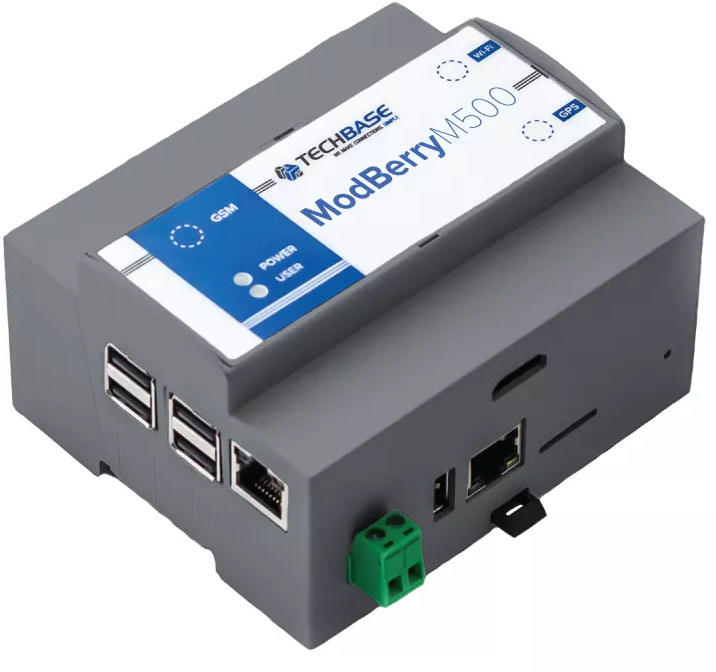
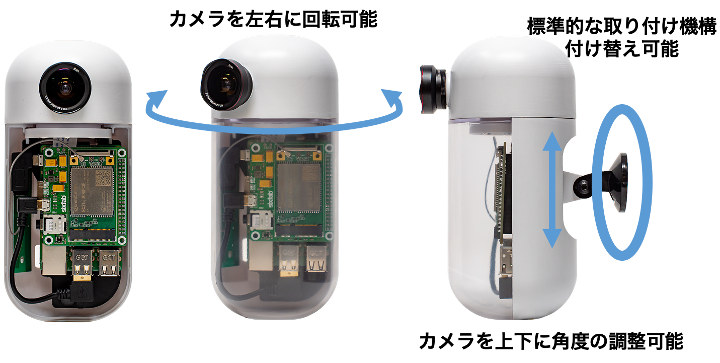
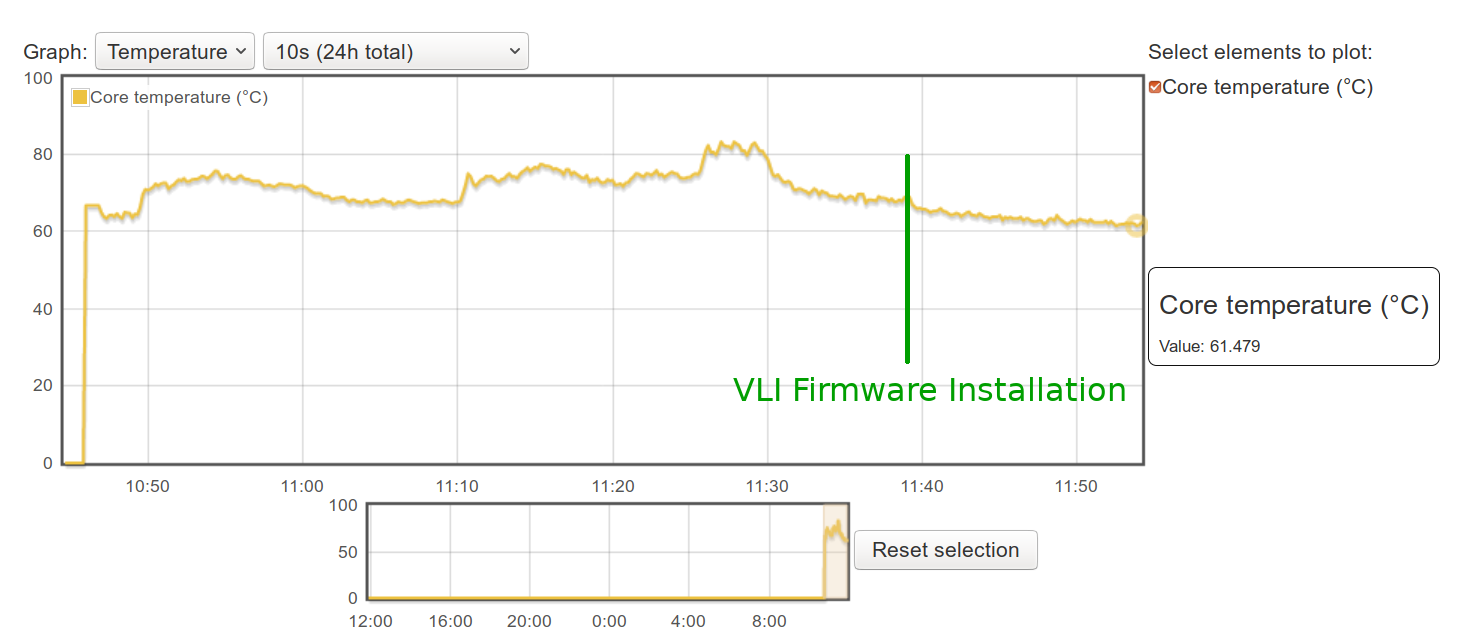
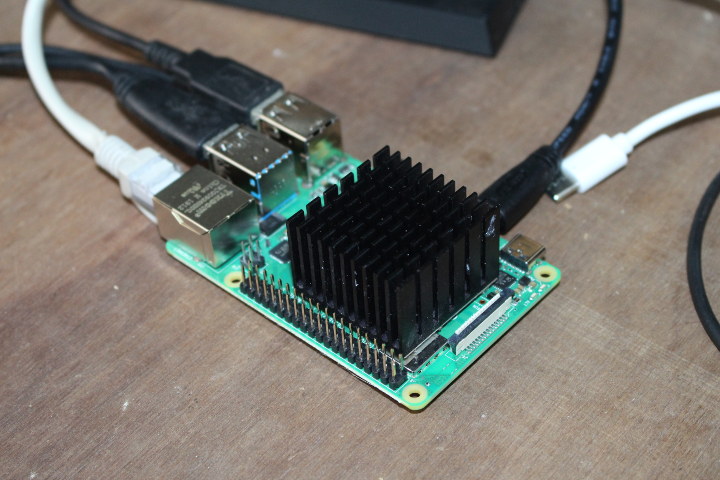
![pi top [4]](https://www.cnx-software.com/wp-content/uploads/2019/06/pi-top-4.jpg)
